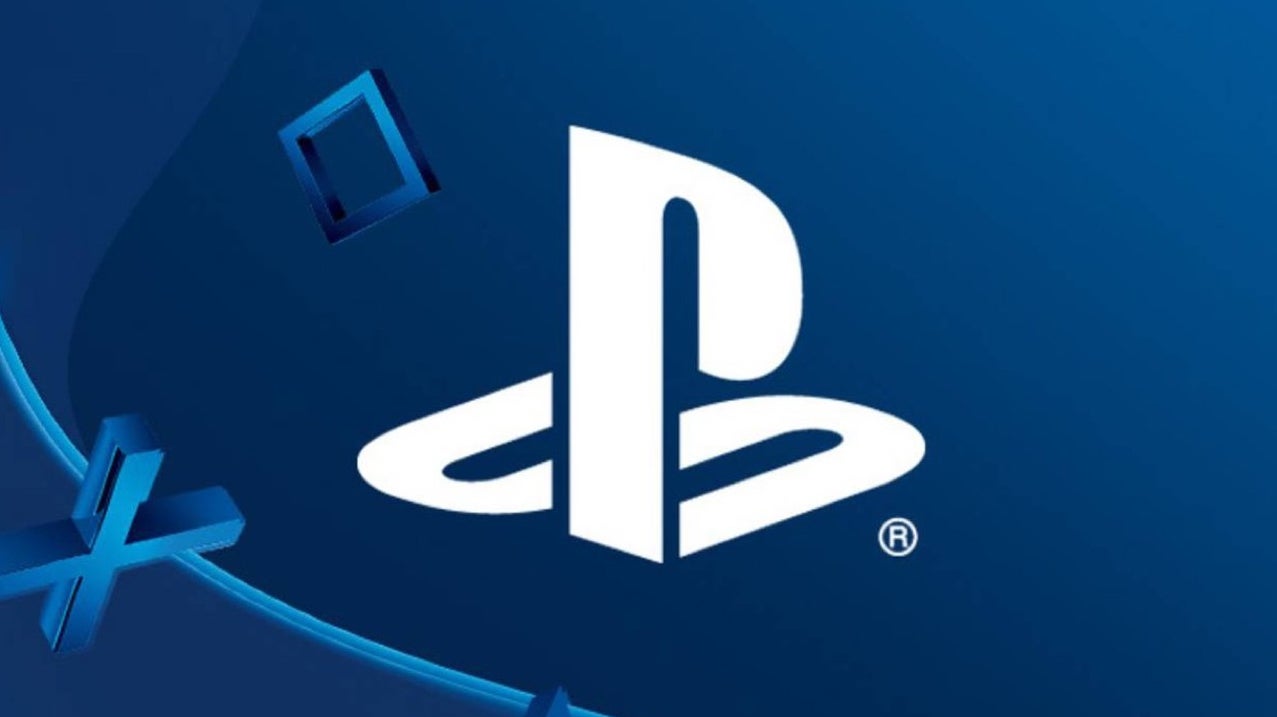
Sony is being sued for £5bn, accused of "ripping people off" on its online store.
The legal claim is led by ex-managing director of Which UK Alex Neill and was filed with the Competition Appeal Tribunal last week.
It claims by charging a 30 percent commission on digital games and in-game purchases on the PlayStation Store, Sony is in breach of competition law.
Sony is accused of abusing market power by imposing unfair terms and conditions on game developers and publishers, forcing prices up for consumers, reports Sky News.
The legal action states consumers have been overcharged by as much as £5bn. Anyone in the UK who has purchased content on the store since 19th August 2016 is included in the claim and is potentially entitled to compensation - said to be nine million people.
This would put estimated damages per claimant at between £67 and £562, excluding interest.
The 30 percent cut from Sony is an industry standard, in-line with other games companies like Microsoft, Steam, and the App Store. It's unclear why exactly Sony is the sole target of this claim.
"The game is up for Sony PlayStation," said Neill.
"With this legal action I am standing up for the millions of UK people who have been unwittingly overcharged. We believe Sony has abused its position and ripped off its customers.
"Gaming is now the biggest entertainment industry in the UK, ahead of TV, video and music and many vulnerable people rely on gaming for community and connection. The actions of Sony is costing millions of people who can't afford it, particularly when we're in the midst of a cost of living crisis and the consumer purse is being squeezed like never before."
The website PlayStation You Owe Us has also been set up to campaign against Sony.
Eurogamer has contacted Sony for comment.
"It's a tough case to bring," Richard Hoeg, host of video games industry legal podcast Virtual Legality, told Eurogamer. "First, you have the issue that each individual transaction was voluntarily made at the price(s) offered. Second, that the prices largely mirrored those across the industry at the time. Third, that the intermediary pricing (the 30 percent cut), was also mirrored by other market participants at the time.
"Fourth, that although the 30 percent argument mirrors Epic's in Epic v Apple, you have a lot of language in that case attempting to distinguish the console markets. (Though such language is not controlling, and may not even be persuasive.) Fifth, that there's no indication that a change to the 30 percent cut actually would affect the bottom line consumer-facing pricing. (And there's some indication that it wouldn't, see [the] Epic Games Store.) Sixth, that because the 30 percent was established before any market controlling position, you have an issue establishing that it was an anti-competitive price.
"Now on the other side, the politics of digital pricing is very much an issue that has proven to be of interest to legislators including in Europe. So, it may be in that environment that things are more open to being re-examined from perspectives distinct from the ones I've articulated."
A similar case in the US was recently dismissed, where Sony was accused of anti-competitive acts by controlling its PlayStation Store, as reported by Bloomberg.
https://news.google.com/__i/rss/rd/articles/CBMiV2h0dHBzOi8vd3d3LmV1cm9nYW1lci5uZXQvc29ueS1zdWVkLWZvci01Ym4tZm9yLXJpcHBpbmctcGVvcGxlLW9mZi1vbi1wbGF5c3RhdGlvbi1zdG9yZdIBAA?oc=5
2022-08-22 11:14:31Z
1542880135
Tidak ada komentar:
Posting Komentar